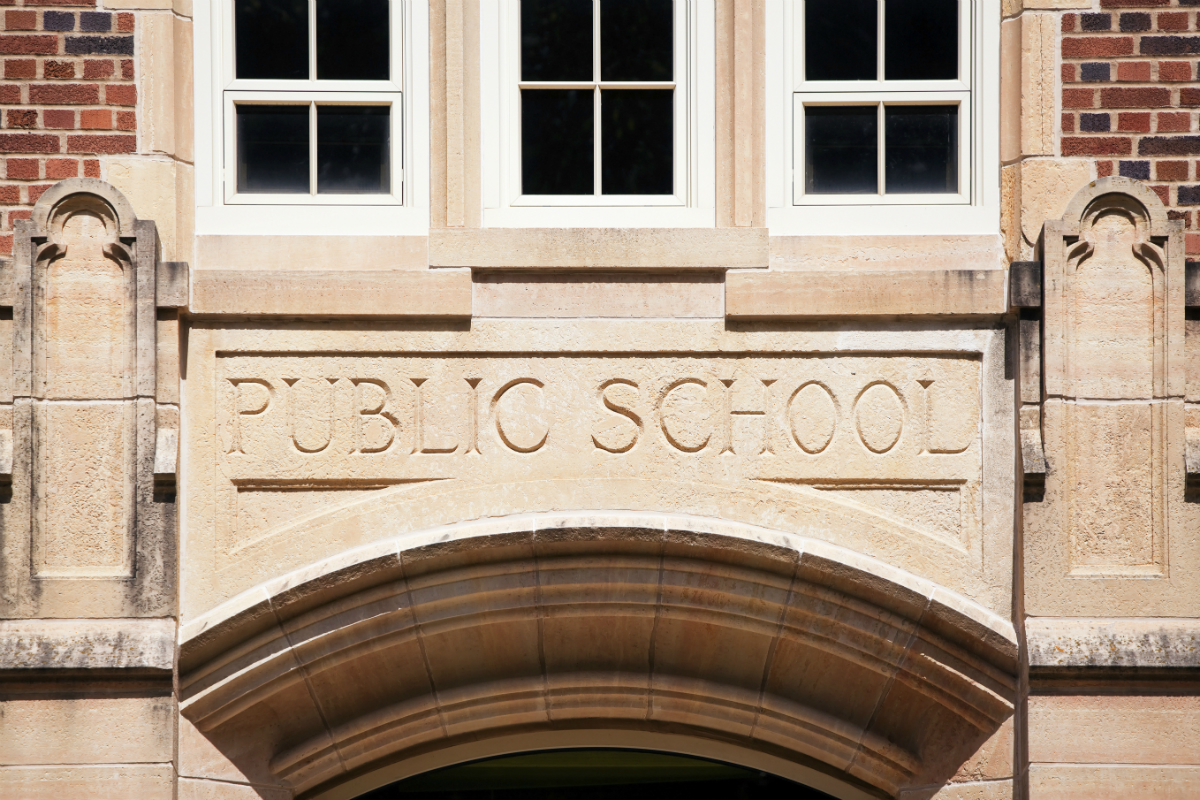“Under the Legislature’s Version, the most draconian cuts — to schools and health and human services — are taken off the table and instead replaced with other solutions that have always been intended to be used prior to draconian cuts being implemented,” the budget summary reads.
The Legislature’s version reflects much of the advocacy work of CSBA, its members and the messages put forward by the Education Coalition. CSBA and the coalition, which is comprised of the state’s nine largest statewide education associations, have cautioned that schools cannot safely reopen campuses with the funding level proposed in the May Revision.
Conversations between the leaders of the Senate and Assembly and Gov. Newsom to rectify differences between the budget versions will now begin, and lawmakers must adopt a budget by June 15. Legislative leadership on Wednesday indicated that they believe coming to a final agreement “should be relatively easier compared with typical years.”
Working with the state’s same pandemic-induced $54 billion shortfall, the two versions differ greatly in how they address whether the state receives an additional injection of federal stimulus funds. While the May Revision proposes $14 billion in cuts that would be “triggered off” with federal funds, the Legislature’s version includes the anticipated federal funds, establishing trigger solutions should the money not arrive by Sept. 1, 2020; the trigger solutions would then take effect on Oct. 1.
The Legislature’s budget summary notes that “there is growing confidence that the federal government will act,” and CSBA continues to advocate at both the state and federal levels for funding beyond the $13.5 billion delivered in the CARES Act.
Plan calls for deferral should aid not arrive; ADA hold harmless
If federal funds are not made available, the Legislature’s plan would convert $5.3 billion of school and community college funding to apportionment deferrals, which would nearly double the size of deferrals over the amount proposed in the May Revision. Deferrals would allow governing boards to budget the deferred amounts in their adopted budgets for 2020–21, but payment from the state will be pushed into the 2021–22 fiscal year, creating cash-flow management issues.
In addition to avoiding dramatic decreases to the LCFF in 2020–21, the Legislature’s budget also rejects cuts to several other portions of Proposition 98:
- K-12 categorical programs, including the After School Education Safety Program and Career Technical Education Programs;
- State Preschool and Child Care reimbursement rates; and
- Community colleges, including career technical education.
The Legislature’s budget provides an average daily attendance hold harmless for local educational agencies in the 2020–21 fiscal year due to the uncertainty caused by COVID-19, and requires distance learning in the event of school closures. The budget also amends the Governor’s special education proposal to provide $545 million to increase base rates (to $625) and $100 million for the low-incidence disabilities cost pool.
Up next in the budget process is an Assembly Budget Subcommittee on Budget Process Oversight and Program Evaluation on Thursday, June 4, during which the joint version of the budget plan is slated to come up for review.
As the budget moves forward, it is critical for board members and the education community at-large to continue to talk to legislators about the real needs that are foreseen in planning for reopening campuses safely in the fall semester.
CSBA will continue to keep members informed of any developments and advocate for a budget that supports schools in the effort to serve all students and respond to COVID-19. Members should also be ready for budget-related alerts as specific issues arise as budget negotiations continue.





